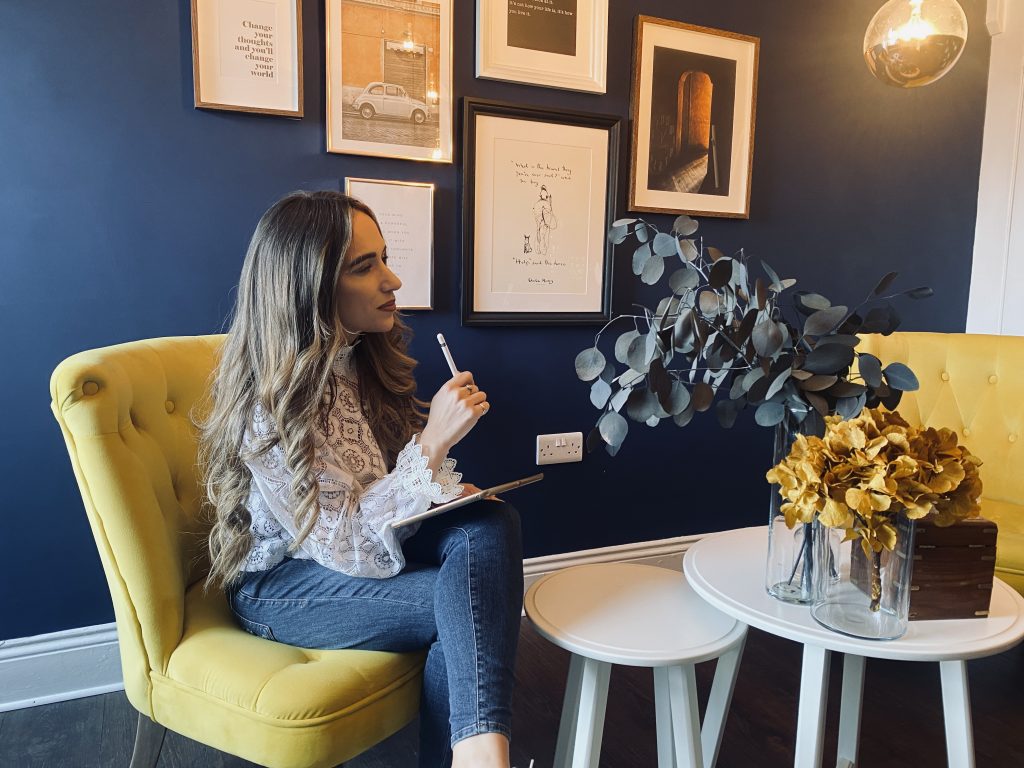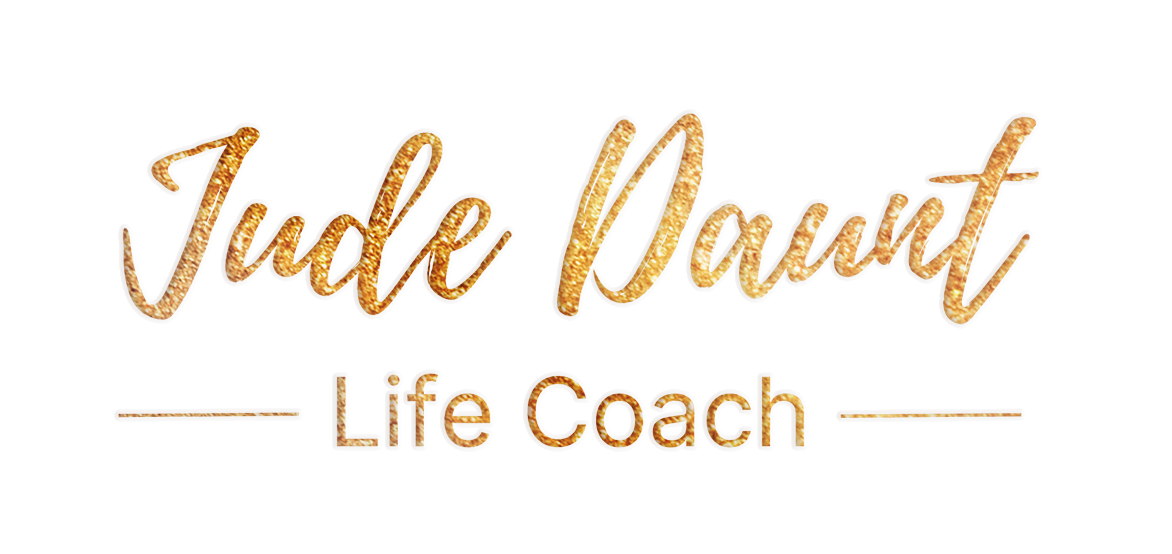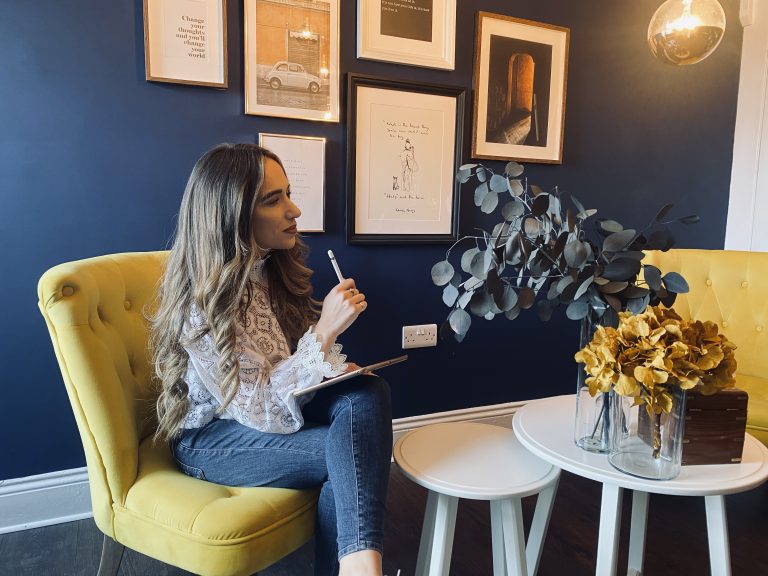We’re often under pressure in both our personal and professional lives, but people often ask how to perform better under pressure in relation to their job or work situation. After all, this tends to be the environment where we have very structured responsibilities and expectations of us and success can be determined by how you ‘perform’. But what happens when we need to give a presentation, have a job interview, communicate bad news, negotiate, make a high-risk decision or meet a deadline? These are all examples of situations that can be quite regular occurrences in the world of work. High pressure and highly stressful, your reaction to the situation will affect your performance.
What does it mean to perform under pressure?
Performing under pressure means being able to carry out your duties effectively, even though there are demands and stressors being placed on you.
You’ve probably come across a few people who claim they work well under pressure – you may even think that of yourself. The truth, however, is that pressure diminishes our judgement, our ability to make decisions, our focus and our performance. It can disrupt our thoughts and stop us from thinking clearly and rationally.
In the book ‘How to Perform Under Pressure: The Science of Doing Your Best When It Matters Most’, the authors write that ! Pressure is the enemy of success: It undermines performance and helps us fail. Pressure is more than a nemesis; it is a villain in our lives.”
So how then do those in high pressure jobs succeed? And how might you succeed when you too are faced with a high pressure situation?

Successfully Performing Under Pressure
Those people who claim to thrive under pressure don’t actually do so. What’s really happening is that they don’t let pressure impact their performance and how they do that, is by not letting it overwhelm them.
The good news is, being able to handle pressure isn’t a natural ability or some god given gift. Anyone can learn how to mitigate the negative effects of pressure.
Mindfulness and performing under pressure.
Mindfulness is not a word that we immediately connect with how to perform under pressure. If you think of someone who meditates and practices mindfulness, you might conjure up an image of someone who is incredibly zen, calm and peaceful and possibly even detached from their surroundings and what is happening around them.
However, mindfulness is actually our internal basic human ability to be fully present, aware of where we are and what we’re doing, and not be overly reactive or become overwhelmed by what’s going on around us. Imagine if you could switch on that ability during times of stress and discomfort.
Self-enquiry or giving yourself an internal assessment is my version of practising mindfulness. The purpose is to help us step outside and see what’s really going on. To remove some of the emotional responses and look at the facts, because when we see facts we can problem solve and when we problem solve, we can find solutions. It gives you a much bigger sense of control over a situation.
Five tips to reduce overwhelm in times of pressure
So if you find yourself in a high stress moment and you need to perform under pressure then follow these five mindfulness tips to help bring you control and clarity.
- Focus on the present
Forget what’s going to happen in the future. That meeting next week, the housework, the to-do list – just focus on right here, right now.
- Break tasks down
Anything can be overwhelming if you’re always looking at the big picture. Breaking down large tasks into smaller, bite-size chunks makes it much more achievable. It also helps you to see where you can delegate and gives you a better sense of achievement as you work through each individual step.
- Prioritise
When you’re overwhelmed, everything feels like it’s urgent. But it’s not. So once you have a task list, prioritise what needs to be done right now. Pick a top three and work on those tasks first.
- Change how you think about the pressure
The catastrophe you’ve imagined is unlikely to happen, but our imagination is incredibly powerful. Use it to visualise a good, positive outcome instead of the negative and all the steps you can take to get you there.
- Breathe
Just 10 minutes a day, with breathing techniques, adopting a mindfulness approach can help increase flexibility, adaptability, creativity, calm and focus. There are lots of free apps you can use or guided youtube videos. Try adding it to your morning routine before you brush your teeth.
If you need support to perform under pressure and succeed in life, coaching could be for you. Book your free consultation below.
Listen to the latest episode of my podcast for your weekly burst of inspiration.






